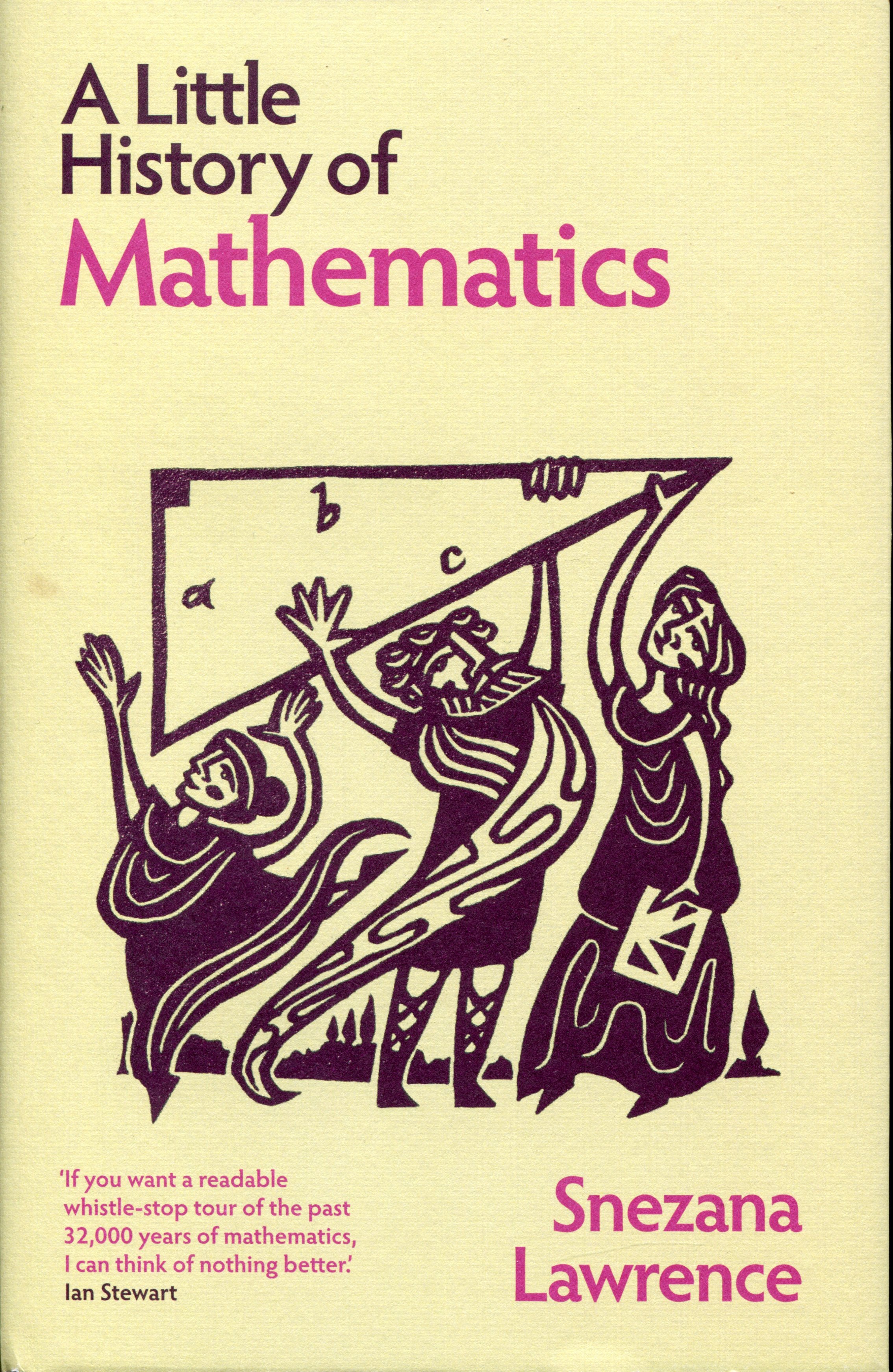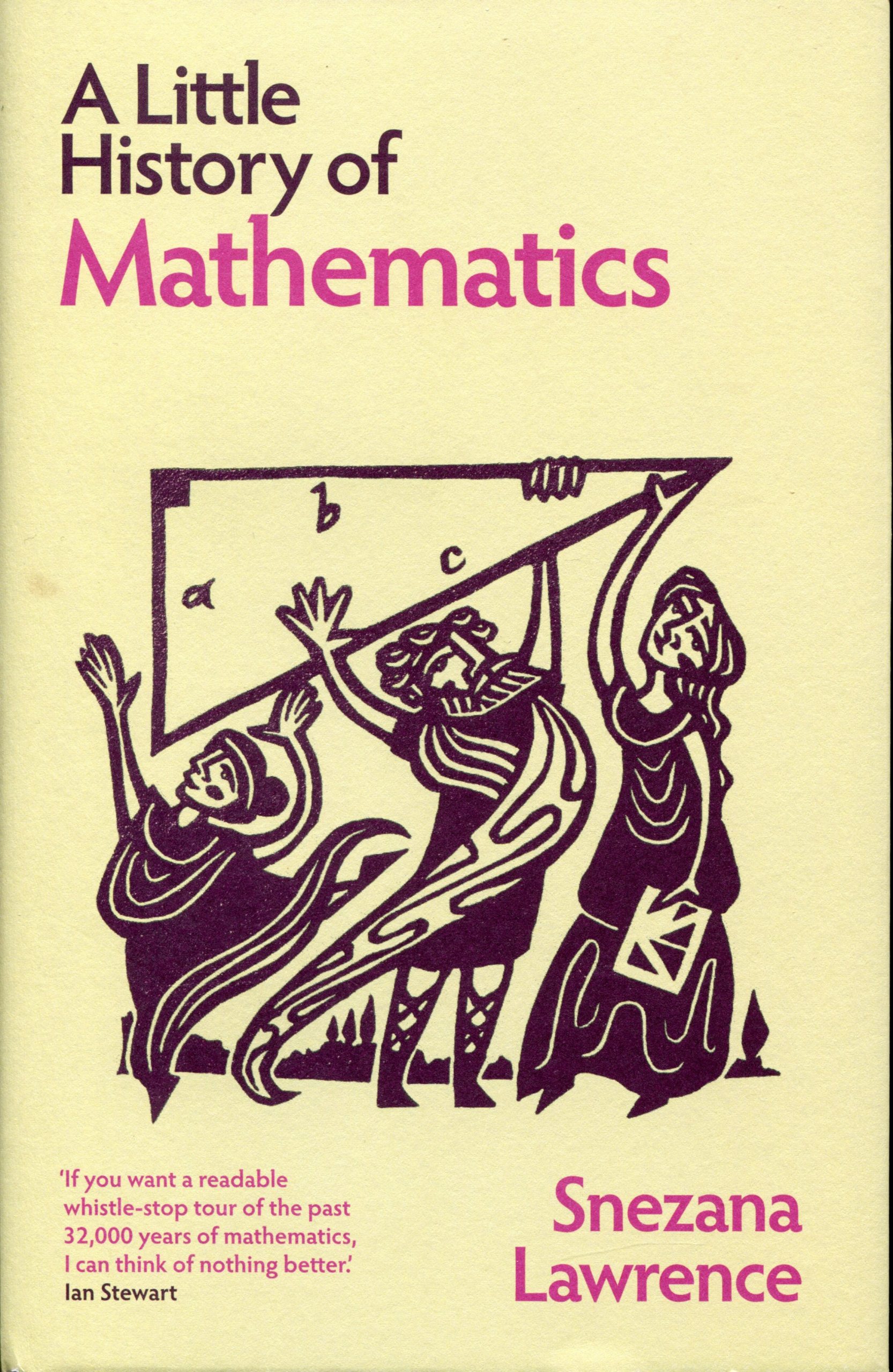
Throughout the years, I have garnered a reputation for being particularly critical of Galileo Galilei and the embellished narrative surrounding his alleged contributions to science. My critiques aren’t specifically aimed at Galilei himself, but rather at those who elevate him to an almost legendary status, regarding him as the sole creator of modern science. This viewpoint frequently idolizes Galilei, implying he was a martyr for scientific truth, which not only oversimplifies his true contributions but also glosses over his shortcomings, such as his erroneous theory of the tides.
As someone who is profoundly engaged in the examination of mathematical sciences during the Renaissance and Early Modern Period, I have investigated various scholarly works regarding Galileo’s contributions to astronomy, physics, and his disputes with the Catholic Church. Two remarkable books that examine Galileo’s life, circumstances, and work are authored by Mario Biagioli: “Galileo Courtier: The Practice of Science in the Culture of Absolutism” (University of Chicago Press, 1993) and “Galileo’s Instruments of Credit: Telescopes, Images, Secrecy” (University of Chicago Press, 2006).
Biagioli’s writings are notable for delivering intricate, well-researched insights on Galileo, avoiding the typical hagiography. These texts investigate the socio-political elements affecting Galileo’s work and how he utilized his scientific successes to enhance his social position. Biagioli significantly explores the dynamics of absolutism and patronage that were common during Galileo’s time.
Cardinal Maffeo Barberini, a key supporter of Galileo since the release of “Sidereus Nuncius” in 1610, advised Galileo to tread carefully in church politics, reminiscent of my own analogy of a dormant bear gradually changing. However, Galileo’s failure to heed this counsel resulted in conflict, especially when Barberini, as Pope Urban VIII, asserted his political power by distancing himself from Galileo during the strained period of 1632/33.
Biagioli’s recent demise is a notable loss not just for the field of science history. At the time of his passing, he held the position of Distinguished Professor of Law and Communication at UCLA, pursuing studies on topics such as intellectual property. I had the privilege of meeting him at the 2008 Middleburg conference in Holland. Biagioli was approachable, intellectually dynamic, and profoundly perceptive, traits evident in his impactful works. His departure is a significant loss for those who strive for a nuanced comprehension of historical scientific figures like Galileo.
